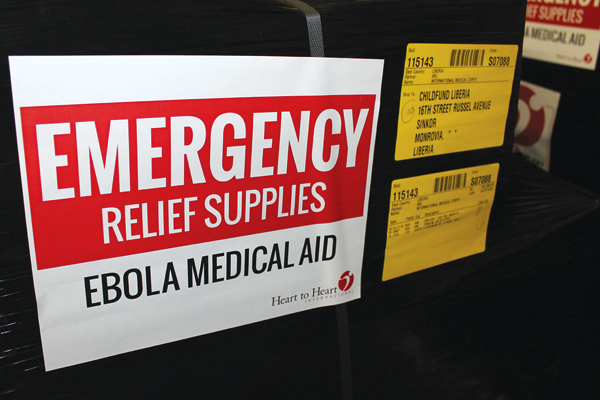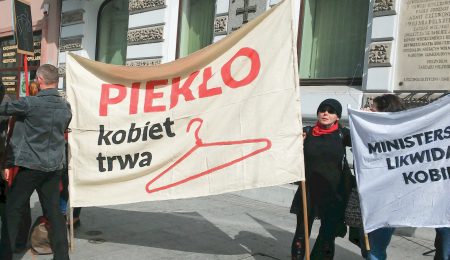Mistrust between government and its citizens has led to further suffering from Ebola outbreak
Photo courtesy of Heart to Heart international, CC
The recent Ebola outbreak in West Africa has been called the worst in recorded history. Nearly 3,000 people have already died, out of more than 5,700 cases discovered as of September.
As the disease spreads, panic and chaos follow. Liberia has been the worst hit, with citizens openly disobeying advice from both the World Health Organization and their own government, hiding patients and stealing bloody bed sheets and mattresses. At its worst, armed mobs have even attacked hospitals and freed infected patients, allowing the virus to spread even further.
It’s hard to understand why people would behave like this. At first glance it looks like intentional acts of suicide on a grand scale. But upon closer inspection, we can see that those who have participated in these raids and thefts are deeply suspicious of the government, and are under the impression that the outbreak has been intentionally inflicted upon the country’s population.
So how did an entire country become so paranoid of its own government that it’s willing to steal soiled linen? The answer lies in Liberia’s recent history.
Since 1989, the country has undergone two civil wars, both of which contributed enormously to the nation’s current destitution. Not only were hundreds of thousands killed or displaced as a direct result of these wars, but the country now faces one of the highest cases of poverty in the world, scoring even lower than Afghanistan on the World Development Index.
Life expectancy sits at around 57 years, with malaria and tuberculosis running rampant across the country. Liberia also has one of the highest rates of sexual violence against women, with a police force that seems unmotivated to take action.
Amidst all this hardship, corruption is incredibly widespread throughout the government. Liberia scores a staggering 3.8 out of 10 (10 being very clean and zero being highly corrupt) on the Corruption Perceptions Index. In fact, most senior officials in the government use their positions of authority to increase their own wealth and power rather than help the population at large.
For example, during 22nd president Charles Taylor’s rule, much of the leader’s funds came from the exploitation of blood diamonds and the illegal timber trade. As if that wasn’t bad enough, Taylor was partnered in these industries with Pat Robertson, one of the most infamous evangelical preachers in the United States. In a predominantly Christian country with lengthy ties to the United States, one can only imagine how deep this betrayal was felt amongst the population.
Because of these years of systematic abuse by the government, any semblance of trust between them and the people dissolved long ago. At best the system has proven indifferent about the plight of the average Liberian, and at worst it’s been outright destructive. With a government that actively murders its population, sometimes in collusion with foreign interests, it’s no wonder Liberians believe that the Ebola outbreak is an inside job.
The outbreak has evolved far beyond anything the country can self-manage. Unfortunately, since Liberians have been taught that authority figures are naturally out to get them, it will take a lot of convincing before they start accepting humanitarian aid without resistance.
Without the public’s trust, Liberians will surely continue to undermine any efforts to help as they lash out in fear and anger during this time of crisis.





